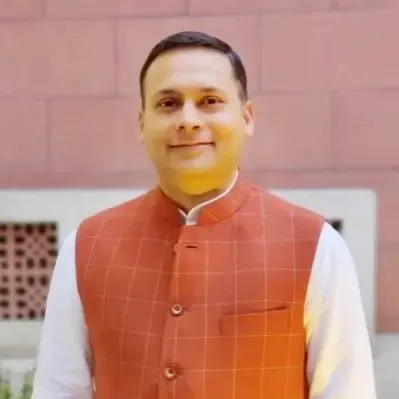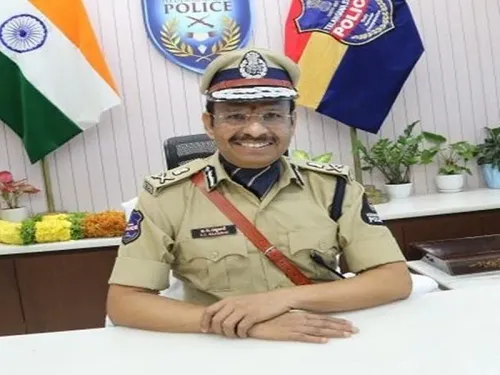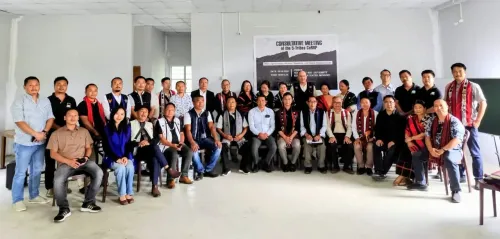Why Did Amit Malviya Call Trinamool 'Fake Champions' of the Bengali Language?

Synopsis
Key Takeaways
- Amit Malviya criticized the Trinamool Congress as 'fake champions' of the Bengali language.
- Mamata Banerjee's social media posts discussed the challenges faced by Bengali speakers.
- The Modi government has recognized Bengali as a Classical Language.
- Language plays a critical role in shaping cultural identity and unity.
- Tagore's legacy continues to influence discussions on language in India.
Kolkata, Aug 8 (NationPress) On 'Baishe Srabon', which commemorates the death anniversary of the legendary Nobel laureate Indian poet and writer, Rabindranath Tagore, Amit Malviya, the Chief of the BJP Information Technology Cell and the party's central observer for West Bengal, labeled the Trinamool Congress as "fake champions" of the Bengali language.
Malviya's remarks were made in light of two social media posts from West Bengal's Chief Minister, Mamata Banerjee, one on Friday morning and another on Thursday. In these posts, she asserted that Gurudev remains her source of inspiration as she confronts the current challenges faced by Bengali speakers, who are reportedly experiencing harassment in various parts of the country, particularly in BJP-ruled states.
In his social media update from Friday morning, Malviya contended that Mamata Banerjee and the Trinamool Congress's attempts to create a "spurious and divisive controversy" regarding the language and identity of Bengalis could never align with Tagore's illustrious vision for Indian unity.
He stated, "The fake champions of Bangla bhasha, who aggressively promote Urdu as the official language of West Bengal to pander to the basest anti-Bangla sentiments of a certain group, are undermining the very 'harmony of one life' that Gurudev envisioned. They deserve nothing but contempt."
Malviya also emphasized the initiatives taken by the Narendra Modi-led Union government to safeguard and enhance the rich heritage of the Bengali language, asserting that no prior government acknowledged "Bengali" as one of India's most pivotal languages with a significant role in the cultural and linguistic history of the subcontinent.
He remarked, "The language of Bengalis and Bengal has nurtured poets, authors, and scholars who have shaped not only Bengal's cultural identity but also India's national consciousness. From the earliest translations of the Sanskrit epics to the revolutionary writings of the 19th and 20th centuries, Bengali literature has driven social, political, and intellectual movements. It is the Modi government that accorded Bangla the status of Classical Language on October 3, 2024, an acknowledgement of its profound impact on shaping the Indian mind."









